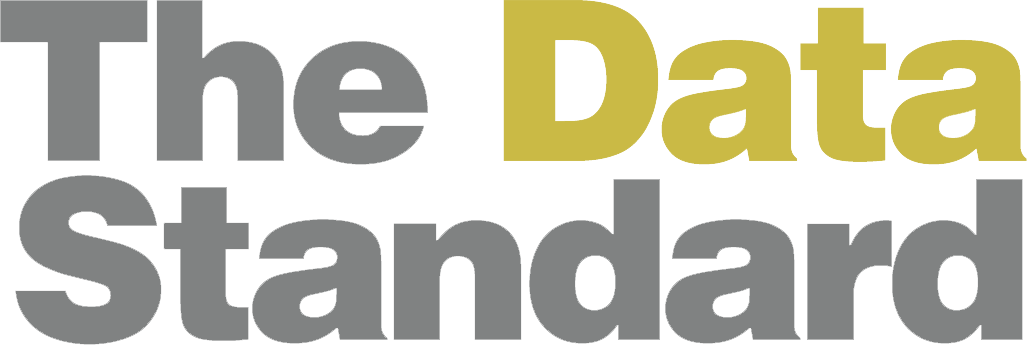
Next week, The Data Standard will hold its fourth Live Digital Event. We will be joined by Alison McCauley, founder of Unblocked Future, who will discuss the future of blockchain with Data Standard founding member Darren Kaplan.
Previous Data Standard events have been attended by data science professionals from Home Depot, Salesforce, TD America, JP Morgan Chase, Wayfair, Google and more. We hope you’ll become a member (it’s free!) to join us next week! Alison’s talk will be followed by a data presentation and networking. Sign up here to reserve your spot and join us next Wednesday, July 15th at noon ET/9am PT.
Alison McCauley has long focused on the nexus between the enterprise and disruptive innovation. In recent years, she has put blockchain in her sights. Here’s a sneak-peek of the kind of discussion we’ll have with her next week at The Data Standard Live Digital Event:
Enjoy this excerpt from her book Unblocked: How Blockchains Will Change Your Business (and What to Do about It):
Blockchain seems to be a pretty exciting development for the potential of data. Where are the opportunities?
Blockchains will make it easier, faster, and cheaper for us to directly verify that a piece of data is true.
Today, we have to use central institutions serving as intermediaries to verify data is true. They ensure that our interactions and transactions are safe and enforced. But in a blockchain future we will have new ways to verify this ourselves. The code itself does the work of verifying truth, and gives us a transparent audit trail. So, the technology can serve in place of intermediaries like brokers and escrow agents, or take on the role of people that manually perform checks and balances in a business process.
What is one area that is particularly exciting?
Blockchain pioneers have a vision to shift “ownership” of data from the organization that collects it to the person or organization who contributed it. Decisions to use or sell that data would also be increasingly controlled by the contributor. Those organizations that learn to operate successfully within this new paradigm could access new breadth and depth of data to improve products, to market smarter, and to discover insights that may very well change our world.
However, when fewer datasets are proprietary, businesses will have to work harder than ever to sustain competitive advantage. Not only would data be available to more companies, but it would be more difficult to base a business model on “data lock-in.”
Who’s doing interesting things in this space already?
Here’s a cool example: The Ocean Protocol team is led by top-tier experts in big data, blockchains, artificial intelligence and data exchanges. Their focus is to make more of the world’s data usable by enabling it to be shared and sold in a safe, secure, and transparent manner.
This is particularly important to advance AI, which will affect nearly every sector of the economy in the coming years, including advertising, finance, healthcare, retail, automotive, energy, transport and logistics, and aerospace. AI requires vast volumes of data to be trained effectively—models have limited accuracy and usability without appropriate data. But a small handful of organizations have accumulated both massive data assets and AI capabilities. The Ocean team saw these organizations as potentially becoming so powerful, they could endanger a free and open society. The protocol aims to unlock data to enable more for more equitable use and outcomes of data. Their solution hinges on safe sharing and their belief that data is locked up because sharing has been too risky. Ocean Protocol is a business, technical, and governance framework that is brought together to serve the needs of all stakeholders in the data ecosystem. Ocean ensures payment to the provider, using Ocean tokens, while guaranteeing control, auditability and transparency to everyone.
Learn more about Alison and buy her book Unblocked: How Blockchains Will Change Your Business (and What to Do about It)!




